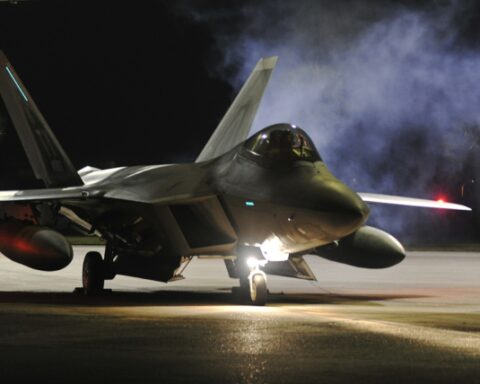As a final step in Washington’s pressure campaign the Kremlin into halting the war in Ukraine, the Biden administration imposed sanctions against the Russian energy industry on Friday.
Two significant oil producers, liquefied natural gas production, and components of Russia’s so-called shadow fleet of tankers—which transport oil to non-Western consumers—are the targets of the sanctions.
The U.S. did not, however, blacklist Rosneft Oil, Russia’s largest energy business, or the largest oil dealers that Moscow has utilized as middlemen for the shipment of petroleum.
According to a senior administration official, the actions will cost Russia billions of dollars every month in revenue from its most significant exports.
So far the Biden administration’s extensive sanctions against Russia have not been particularly effective.
The United States has carefully calibrated its sanctions against the Russian energy sector since Russia’s full-scale invasion of Ukraine in 2022 out of concern about a dramatic increase in world oil prices and the price of gas at American gas stations.
It persuaded friends in late 2022 to provide Western businesses with a legal way to deal with Russian crude in the event that the price dropped below $60 per barrel.
The new policy, which remains in effect today, was an effort to maintain oil production while reducing Moscow’s income.
The departing Biden administration is less concerned about gas prices in the United States as President-elect Donald Trump takes office on January 20.
According to the senior administration official, concerns about the global oil markets and the US economy are waning, allowing the US to take more aggressive action.
Inflation in the United States has decreased, and analysts predict that markets will have an abundance of oil in the coming years, with the capacity to compensate for shortages.
Nevertheless, benchmark global crude prices increased 4% on Friday to around $80 per barrel.
The increase, according to analysts, was a reflection of anticipation that the sanctions would force Chinese and Indian refiners to compete for more oil from non-Russian producers.
Despite the Kremlin’s efforts to circumvent sanctions and shift commerce toward allies like China and India, Russia’s economy has been struggling.
Economists warn that a drop in living standards might have a significant effect on average Russians this year or the following year due to rising inflation and a deteriorating labor shortage brought on in part by the demands of the war in Ukraine.
Due to Ukraine’s lack of military personnel and catastrophic airstrikes from Russian forces, the Kremlin is pushing a military offensive against Ukraine in the hopes that Kyiv would eventually give in this upcoming year. Moscow, which appears to have the upper hand in the assault, has so far showed little interest in engaging in negotiations.
[READ MORE: Lebanon Elects New US Friendly President, in New Blow to Iran and Hezbollah]









